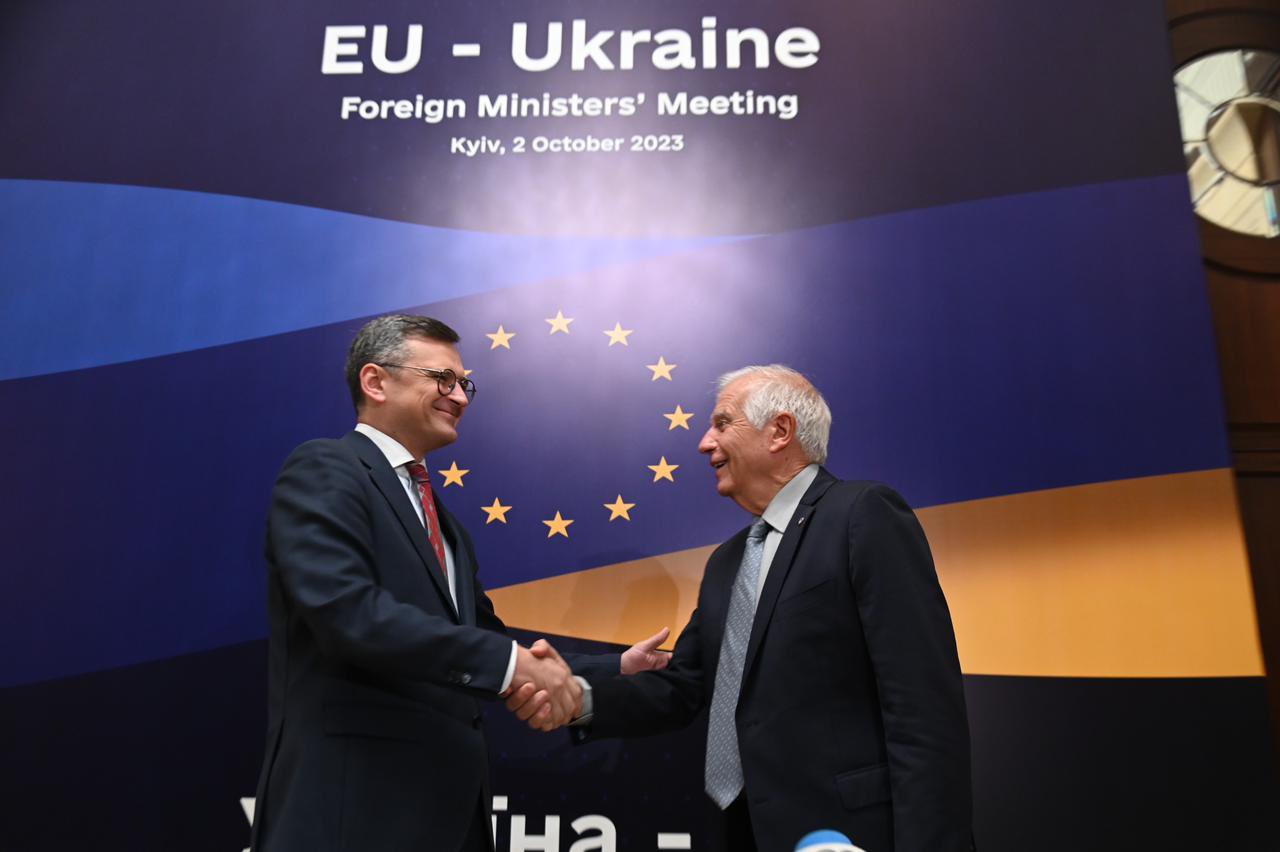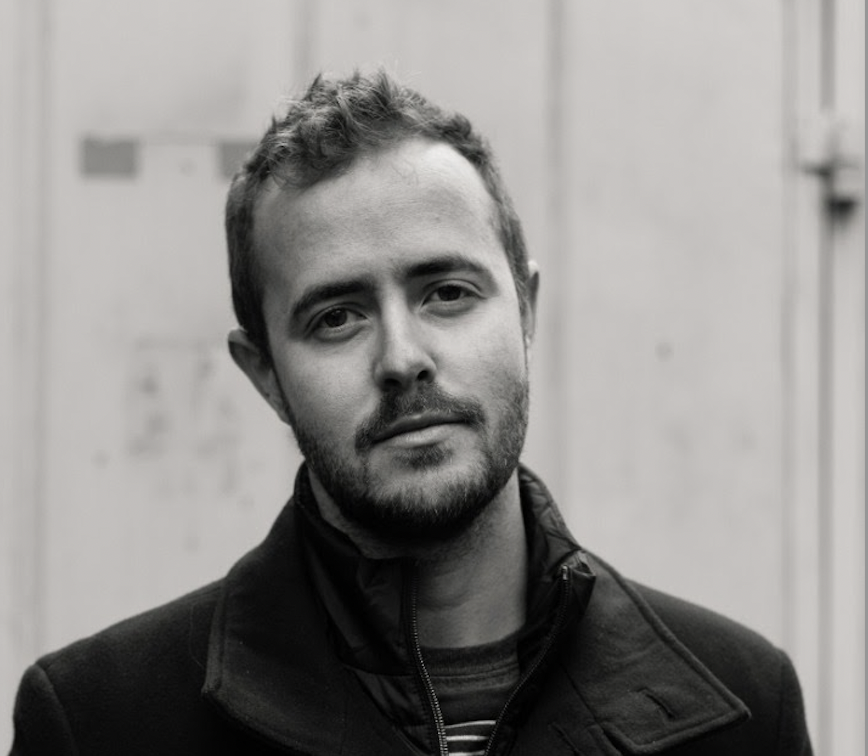German Foreign Minister: EU will soon extend ‘from Lisbon to Luhansk’.
In comments at the beginning of the meeting of EU foreign ministers in Kyiv on Oct.
2, German Foreign Minister Annalena Baerbock said that she envisions the EU will soon extend from "Lisbon to Luhansk." Reiterating earlier promises from the EU officials to admit Ukraine to the bloc, Baerbock said that "with every village, with every meter that Ukraine liberates, with every meter in which it rescues its people, it is also paving its way to the European Union." European leaders granted Ukraine candidate status on June 23, 2022, in a historic step on the long and difficult path to EU membership.
There is no timeline set for the accession process, and it may take years to complete. Entry into to the EU is not a foregone conclusion once a country receives candidate status. Baerbock also emphasized the need for Ukraine's allies to increase the strength of a "winter protection umbrella" in order to alleviate the disruptions associated with the Russian military's attacks on Ukrainian critical infrastructure.
Russian forces started targeting Ukraine's energy infrastructure last fall, plunging the country into widespread blackouts over the winter, causing millions of dollars in damage, and killing civilians. Air Force spokesperson Yurii Ihnat said on Sept.
3 that Ukraine was strengthening its air defense to prepare for Russia's potential mass attacks on critical infrastructure facilities this fall. Baerbock was in Kyiv as part of a meeting of E.U. foreign ministers.
It's the first occasion in which such a joint meeting is held outside of the EU.
EU foreign ministers convene in Kyiv "We are convening a historic meeting of EU Foreign Ministers here in Ukraine, candidate country and future member of the EU," Josep Borrell wrote on the social platform X, formerly known as Twitter.

 Nate Ostiller
Nate Ostiller
News Editor
Nate Ostiller is a News Editor. He works on special projects as a researcher and writer for The Red Line Podcast, covering Eastern Europe and Eurasia, and focused primarily on digital misinformation, memory politics, and ethnic conflict.
Nate has a Master's degree in Russian and Eurasian Studies from the University of Glasgow, and spent two years studying abroad at Kyiv-Mohyla Academy in Ukraine.
Originally from the USA, he is currently based in Tbilisi, Georgia.